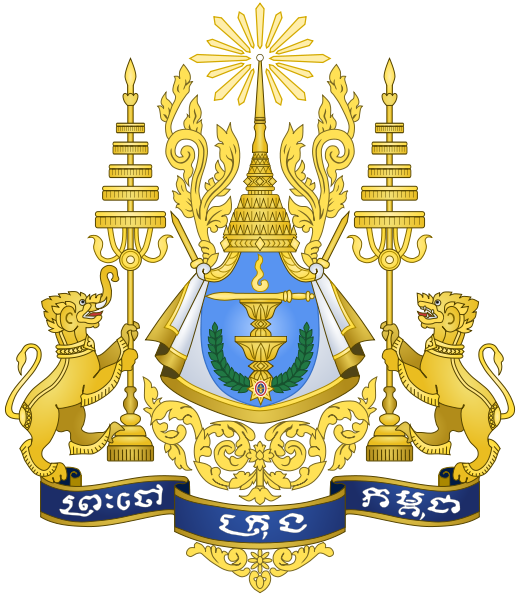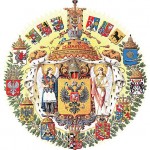Cambodia, a country rich in history, culture, and natural beauty, has become a popular destination for English teachers seeking to make a difference in the lives of students while experiencing an adventurous and fulfilling journey. With a growing demand for English language education, teaching in Cambodia offers the chance to engage with eager learners, explore ancient temples, and immerse yourself in a vibrant local culture.
This article will guide you through what it’s like to teach English in Cambodia, including some fun facts about the country that may surprise you!
Why Teach English in Cambodia?
Cambodia’s education system is evolving rapidly, and English is seen as a valuable skill for career advancement, especially in tourism, business, and international relations. As a result, there is a high demand for qualified English teachers, especially in major cities like Phnom Penh, Siem Reap, and Battambang. The low cost of living and the warm hospitality of the Cambodian people make it an attractive destination for teachers who want to have a meaningful impact while enjoying a unique cultural experience.
Whether you are teaching in a local school, a language center, or privately tutoring students, you’ll find that teaching English in Cambodia is rewarding in many ways.
5 Fun Facts About Cambodia
- Home to the Largest Religious Monument in the World
Cambodia is home to Angkor Wat, the largest religious monument on the planet. Originally built in the 12th century as a Hindu temple, it later became a Buddhist site and is a symbol of national pride. Teachers in Cambodia often visit this iconic temple complex to marvel at its grandeur and soak in its cultural significance. - Cambodia’s Love for Karaoke
Karaoke is hugely popular in Cambodia, and it’s often used in English language teaching to improve listening and speaking skills. Singing along to English songs in a fun, relaxed environment helps students learn pronunciation and vocabulary in a memorable way. - Cambodian New Year – A Massive Celebration
Khmer New Year, celebrated in mid-April, is one of the country’s biggest festivals. During this time, schools often close, and students and teachers take part in the lively celebrations, which include traditional games, dancing, and offerings. It’s a great way for teachers to bond with their students outside the classroom. - A Unique National Flag
Cambodia is the only country in the world with a building on its national flag: Angkor Wat. This reflects the deep connection between the country’s cultural heritage and its national identity. When teaching, this can serve as a fun fact to introduce students to cross-cultural discussions about national symbols and pride. - Cambodians Are Among the Friendliest People in Southeast Asia
Cambodian people are known for their friendliness and hospitality, often referred to as the “Land of Smiles.” English teachers frequently comment on how welcoming and kind-hearted their students are, making the teaching experience even more enjoyable.
What to Expect as an English Teacher in Cambodia
1. Teaching Opportunities
There are a variety of opportunities for English teachers in Cambodia. Most teachers find jobs in private language schools or international schools. Phnom Penh, the capital, has the most job opportunities, but smaller cities like Siem Reap also have a demand for teachers, especially as the country continues to develop economically.
2. Teaching Requirements
While a TEFL/TESOL certification is highly recommended, it is not always mandatory. However, having a certification can open doors to better-paying positions and help you navigate teaching with more confidence. Some schools may also require a bachelor’s degree, though this is not always a strict requirement.
3. Classroom Culture
Cambodian students are often respectful, eager to learn, and highly motivated to improve their English skills. Teachers can expect to teach a mix of children, teenagers, and adults, depending on their placement. Schools may have a relaxed, informal atmosphere, but teachers are still expected to maintain discipline and foster an effective learning environment.
4. Cost of Living and Salary
The cost of living in Cambodia is low, making it easy for English teachers to live comfortably, even on modest salaries. Rent, food, and transportation are affordable, and many teachers find they can save a bit of money while enjoying the local culture and lifestyle. While salaries may not be as high as in some other countries, the cultural experience and relaxed pace of life more than make up for it.
How to Get Started
If you’re considering teaching in Cambodia, start by getting your TEFL/TESOL certification from an accredited provider like the American TESOL Institute. You can also research language schools or volunteer programs that offer teaching opportunities in Cambodia. Many teachers find jobs online or by networking with other expats and teachers who have already made the move.
Be sure to prepare yourself by learning about Cambodian customs, traditions, and some basic Khmer phrases. While English is widely spoken in major cities, knowing a bit of the local language can go a long way in making your teaching experience smoother and more immersive.
Conclusion
Teaching English in Cambodia is an exciting opportunity to explore a rich culture while making a lasting impact on students’ lives. Whether you’re visiting the breathtaking temples of Angkor Wat or engaging with your students through fun, interactive lessons, you’ll find that this adventure offers both personal and professional growth.
So, are you ready to teach in Cambodia? It’s a country full of history, beauty, and potential, and it’s waiting for teachers like you to help shape its future.



